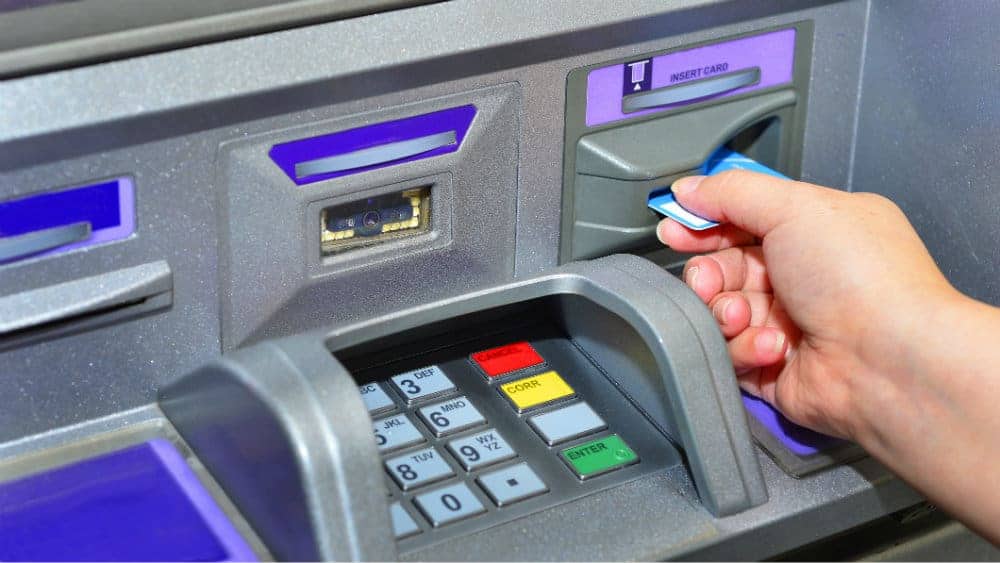So you’ve saved up what you think is enough to retire on. You’ve been putting away cash every pay cheque, making automated payments into your favourite blue-chip stocks, ETFs, and composites. You’re ready to retire, and then: the tax man comes knocking.
There of course is an upside and downside to taxes; especially in Canada. Canadians have the advantage of having free healthcare (for the most part), social welfare programs, and emergency benefits, to name a few. This is all paid through taxes. The downside, of course, is you lose having that money to spend — especially in retirement.
So if you’re about to retire — or even if you already have — there is a completely simple and legal way to reduce your taxes, even bring them down to zero. Let’s take a look.
Dividend income is the key!
If you are from B.C., Alberta or Ontario, there is a massive trick you can pull. You can earn up to $50,000 each year and not pay a single cent to taxes. But there is one caveat. Those earnings must come from dividends paid by eligible Canadian companies. The rule you must follow is to basically look for companies on the TSX Composite that are not real estate investment trusts (REIT). If there is a “.un” after the ticker name, it is not eligible.
This tax break is designed to have Canadians invest in Canadian companies. If you invest local, it’s better for the economy, and hence better for everyone. After all, you may not be paying taxes, but a company growing bigger certainly will.
CPP and OAS won’t be enough
You might be thinking, I have the Canadian Pension Plan (CPP) and Old Age Security (OAS) to live off, isn’t that enough? In short: no. That total will likely only come to around $40,000 per year, if you’re lucky. On top of that, if you retire at 60, you’ll be eating away at those payments, where they might not even be available 20 years down the road. Given that the average Canadian lives into their 80s, that’s certainly something to consider.
Instead, create a portfolio where you can bring in this $50,000 annually from dividends. The best spot is of course the Tax-Free Savings Account (TFSA), and you can make it to that $50,000 by partnering up. If you and your partner put your cash together, that’s a contribution room of $139,000 as of writing. And remember, that contribution limit is increased every year.
Now clearly you won’t be able to bring in $50,000 in dividends on a $139,000 investment, but it’s certainly a start. Say you were to put $100,000 into Canadian Imperial Bank of Commerce (TSX:CM)(NYSE:CM); that figure would bring in $5,858 in dividends each year. Meanwhile, you’ve invested in a solid bank stock with a compound annual growth rate (CAGR) of 8.06% over the last decade, and dividend of 5.2% for the same period.
Foolish takeaway
Now of course, there is a way to bring in $50,000 a year, and if both you and your partner do that, it would bring in $100,000. That’s certainly enough to live on each year if you’re able to make the investment, but you will pay taxes on returns. Add OAS and CPP and you’re laughing!
So say you wanted to bring in $100,000 in dividend income in one of these strong stocks like CIBC, that would take an investment of $1,706,850 as of writing. So it’s true, if you have that much to invest, you’re likely not all that worried about surviving in retirement. But everyone can use more cash. So if you’re able to swing it, make the investment and bring in that tax free income for the rest of your life!









